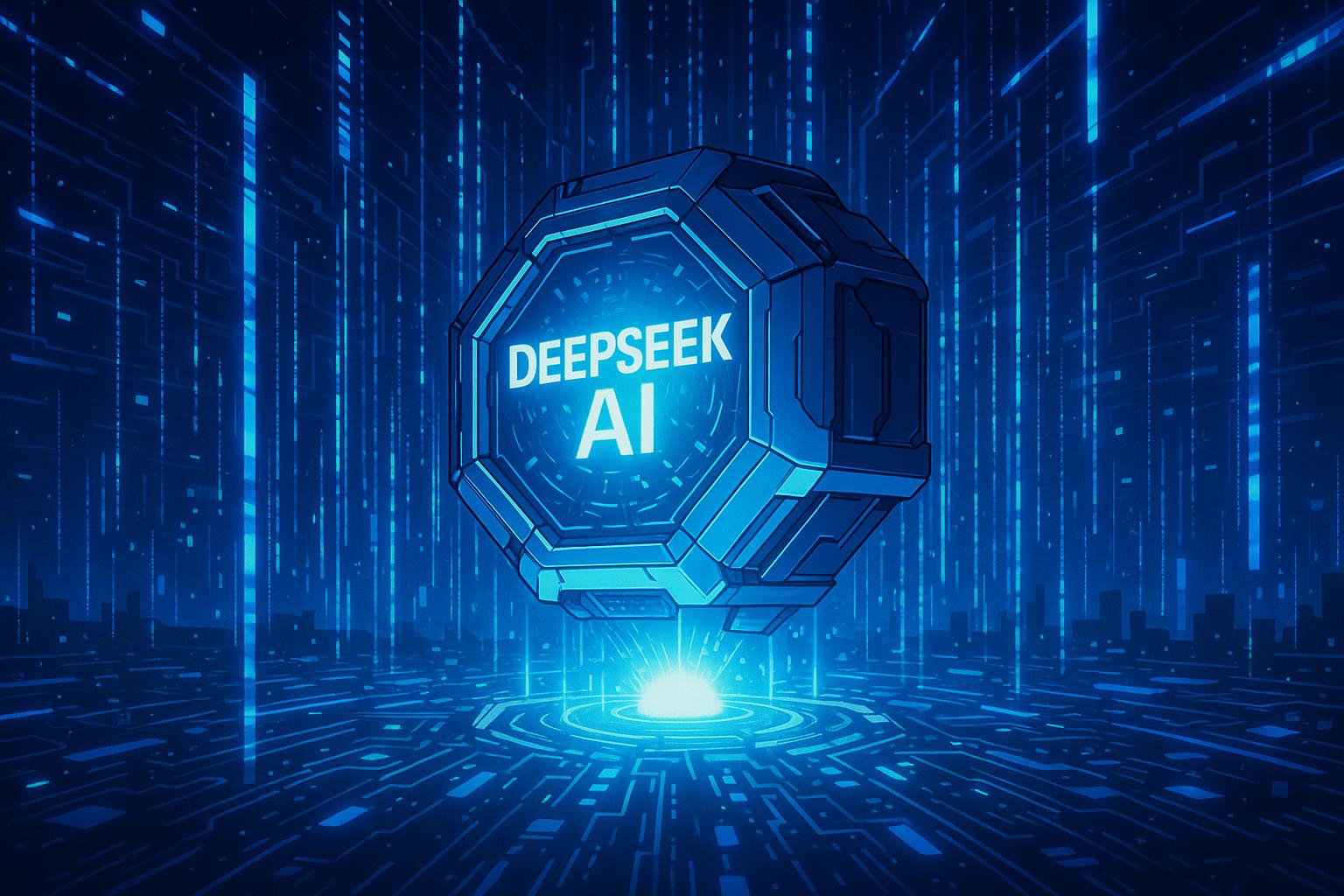This week, DeepSeek unveiled an updated version of its R1 model on HuggingFace, reigniting discussions around the ongoing competition between open-source and closed-source AI solutions. The latest iteration, dubbed DeepSeek-R1-0528, boasts a remarkable 685 billion parameters, marking an increase from the previous January version, which had 671 billion. This evolution positions DeepSeek at the forefront of AI development, particularly as it contrasts starkly with major players like OpenAI and Google, whose models remain largely closed-source. DeepSeek claims that this updated model demonstrates enhanced reasoning and inference capabilities, thus narrowing the performance gap that has historically favoured the more established companies.
In addition to the main update, DeepSeek has rolled out a distilled version combining its R1 model with Alibaba's Qwen3 8B framework. This lightweight model is particularly noteworthy as it outperforms both Google's latest lightweight offering, Gemini-2.5-Flash-Thinking-0520, and OpenAI’s o3-mini in certain benchmarks, while being designed to operate on just a single GPU. Such advancements suggest that effective AI solutions do not necessarily mandate the extensive computational power typically associated with industry giants. By adopting an open-weight approach, DeepSeek is not only offering a more accessible and economically viable alternative but is also demonstrating that significant AI advancements can be achieved with considerably lower resource expenditure.
Despite this promising trajectory, DeepSeek's models are not without their controversies. Reports indicate that the latest updates may carry increased censorship, particularly regarding criticism of the Chinese government. This raises questions about the integrity and objectivity of models emerging from environments with stringent information controls. Moreover, as DeepSeek gains traction, the implications stretch beyond just market competition; they also touch on geopolitics and global technology dynamics. The rise of DeepSeek, especially amid current U.S.-China tensions, has sparked concerns within the American tech sector regarding national security implications and the potential for innovation to be leveraged for state purposes.
Following an array of recent product launches from tech giants like Google, Anthropic, and Microsoft, this week saw a relative lull in major AI news, making DeepSeek's R1 update particularly timely and significant. While DeepSeek captures significant attention, the AI landscape remains dynamic. For instance, Google's new Veo 3 model has already made waves across social media platforms, garnering substantial user engagement with entirely AI-generated films. Anthropic also introduced a voice mode for its Claude AI, enhancing its functionality and competing directly with offerings from ChatGPT and other established models.
Additionally, broader industry impacts are evident with analyses indicating a funding shift, as entry-level job openings decrease amidst automation trends driven by AI, with Dario Amodei, CEO of Anthropic, warning that AI could potentially displace a significant portion of entry-level white-collar positions. Such outcomes echo the findings from a recent SignalFire study, which highlighted a dramatic drop in hiring for entry-level roles from 25% to just 7%—indicative of a labour market increasingly inclined towards automation.
As the debate continues over issues ranging from censorship to job displacement, the rapid advancements of companies like DeepSeek signal that the AI race has fundamentally shifted. This new landscape complicates our understanding of what it means for nations to lead in technology, demanding a reevaluation of strategies and priorities across the sector. Such developments serve as a reminder of the highly interconnected nature of modern technological innovation—where open-source efforts can unexpectedly shift global dynamics and provoke profound discussions about the future of work, privacy, and geopolitical relations.
Reference Map:
- Paragraph 1 – [1], [4]
- Paragraph 2 – [1], [2], [5]
- Paragraph 3 – [3], [6]
- Paragraph 4 – [1], [4]
- Paragraph 5 – [1], [3], [6]
- Paragraph 6 – [2], [4], [5]
Source: Noah Wire Services
